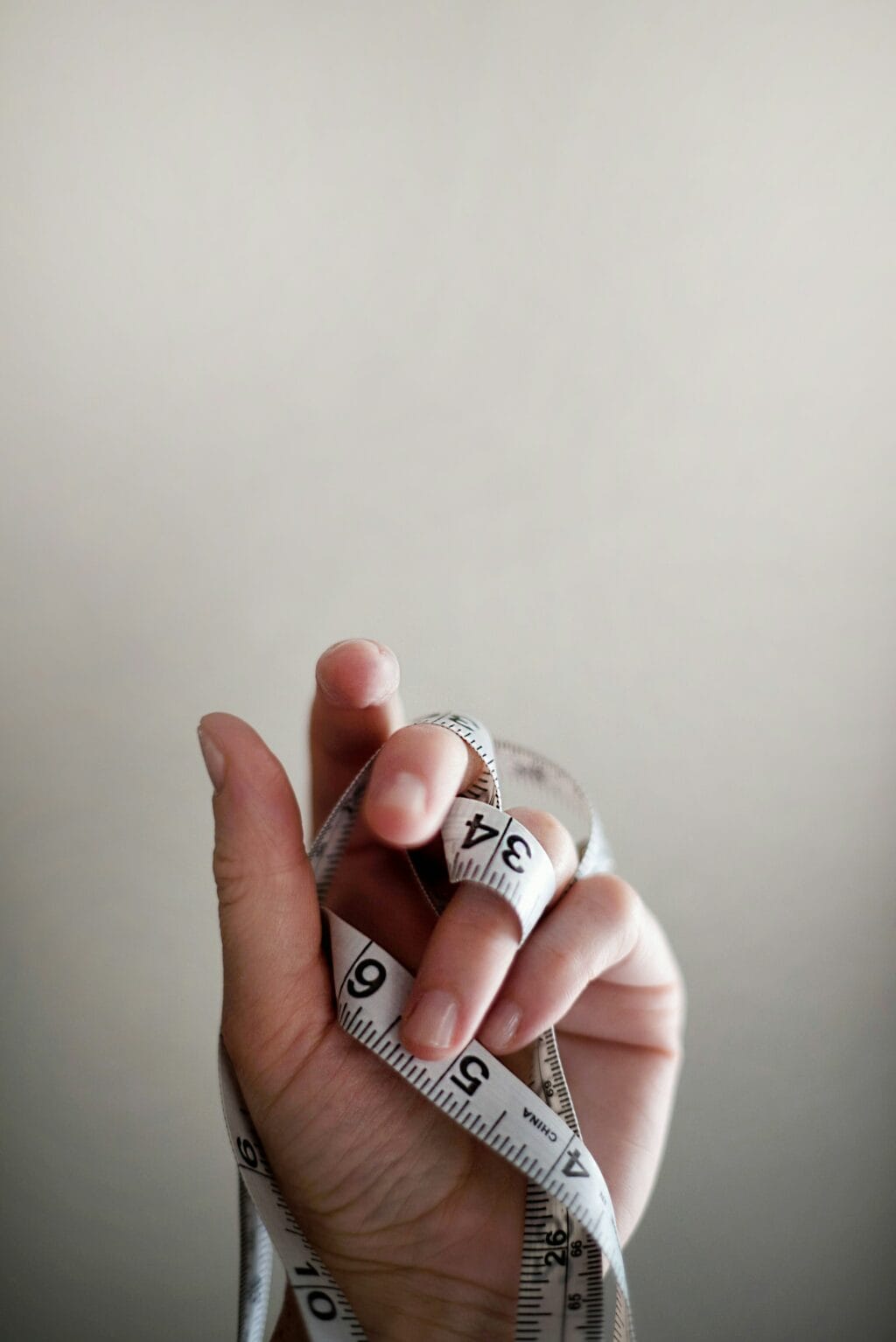Healthy Living / Eating
What’s the fuss about? All about weight loss drugs
We have been remiss about talking about the new weight loss drugs here. Many of you are probably taking them, and if not, you know people who are on them.
Obviously, we don’t sell these drugs, but I am not necessarily opposed to them. Honestly, I have concerns for several reasons, but I try to stay open-minded. Let’s discuss the facts about these drugs, the science behind them, and the associated risks, and I will then provide a few closing opinions.
GLP-1 drugs, including popular medications like Ozempic, Wegovy, and Mounjaro, are a class of diabetes and weight-loss medications that have gained significant attention for their effectiveness. Originally developed to treat type 2 diabetes, these drugs are now widely prescribed for weight management as well.
How They Work
GLP-1 stands for glucagon-like peptide-1, a hormone your body naturally produces in your intestines after eating. These medications mimic this hormone’s effects. They work by slowing down how quickly food leaves your stomach, making you feel full longer after meals. They also signal your brain’s appetite control center to reduce hunger cravings. For diabetics, they help the pancreas release insulin more effectively when blood sugar rises and prevent the liver from releasing excess glucose.
Proven Effectiveness
Clinical studies have demonstrated impressive results. For weight loss, patients typically lose 15-20% of their body weight over 68 weeks, with some losing even more. In diabetes management, these drugs significantly improve blood sugar control, often allowing patients to reduce other medications. Major studies like the STEP trials for semaglutide (Wegovy) and SURMOUNT trials for tirzepatide (Mounjaro) involved thousands of participants and showed consistent, substantial weight loss compared to placebo groups.
Beyond weight and diabetes, emerging research suggests these drugs may offer cardiovascular benefits, potentially reducing heart attack and stroke risk. Some studies also indicate possible benefits for sleep apnea, fatty liver disease, and even addiction behaviors, though more research is needed in these areas.
Risks and Side Effects
The most common side effects are gastrointestinal: nausea, vomiting, diarrhea, and constipation. These typically occur when starting the medication or increasing doses, and often improve over time. About 5-10% of people discontinue the drugs due to these side effects.
More serious but rare risks include pancreatitis (pancreas inflammation), gallbladder problems, and potential thyroid tumors, though the thyroid risk has only been observed in animal studies. There’s also concern about rapid weight loss potentially causing muscle loss alongside fat loss.
A significant practical consideration is cost and accessibility. These medications can cost $1,000+ monthly without insurance coverage. Additionally, weight regain often occurs if the medication is stopped, meaning most people need to continue treatment long-term.
My closing thoughts
- Again, I am not anti-GLP. GLP-1 drugs are a big deal and almost certainly help many people. I personally know people who have been helped by them.
- On the other hand, in the end of the day, people on GLP-1 drugs are going to lose weight at the same rate as a person who effectively manages their diet and exercises consistently (about one pound/week). In fact, every effective weight management yields the same one-pound/week number.
- If you can lose one pound a week without a drug that takes away your enjoyment of food, may have side effects, and costs $1000/month, why not just take a non-drug approach to weight management? I get that this will not work for some people, but for most people, it undoubtedly will. A lot of people who are using GLPs could have similar results without GLPs, and I would argue that they would be far better off.
- It is extremely concerning to me that the statistics are not great in regard to regaining weight when a person has to stop taking the drug. To be fair, this is true with most weight loss regimens. However, the best chance of long-term success in weight loss comes from teaching yourself to eat well and be active and then making it a habit for life.
In summary, eating healthy and exercising is the best way to weight loss and overall good health, not just because it is safer and less expensive, but because it improves your chances for keeping the weight off long-term. Taking a shortcut to avoid that hard work is not necessarily the best path. If all else fails, GLPs have a place, but they should not be a first choice for most of us.

